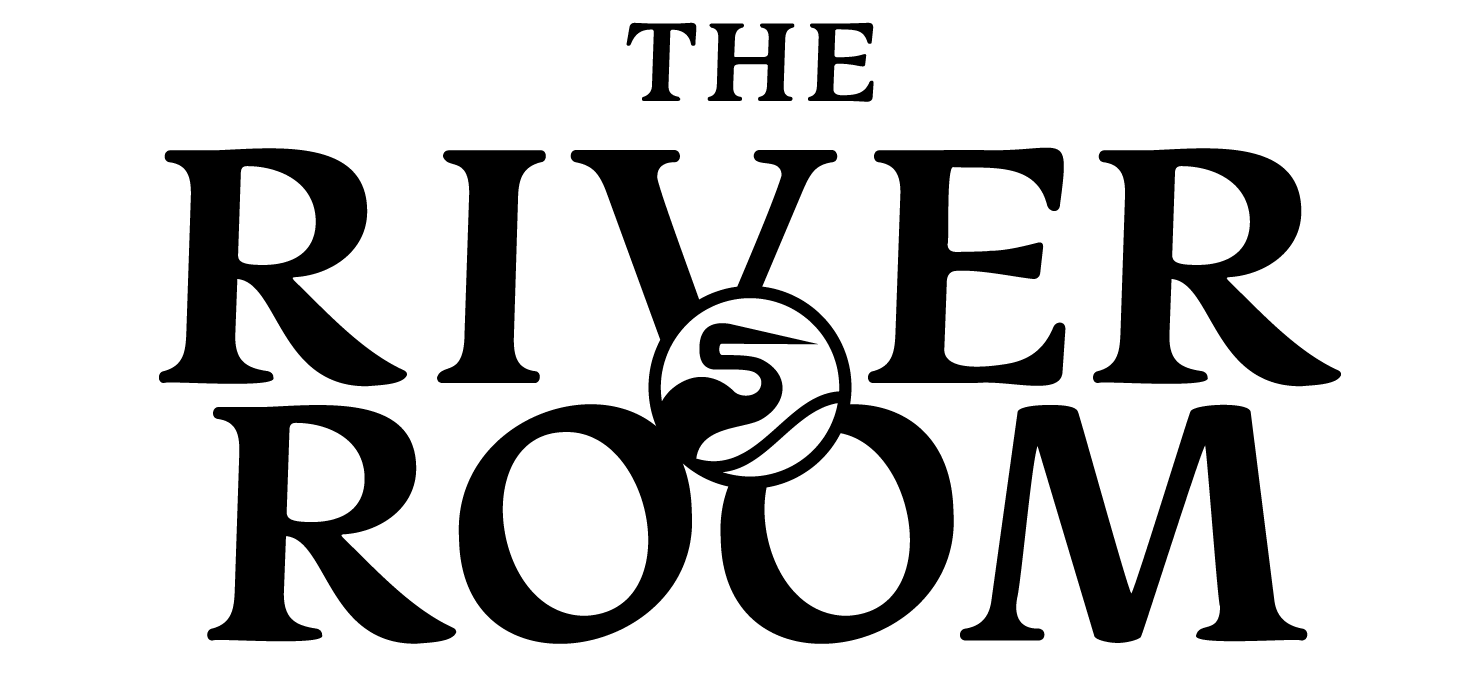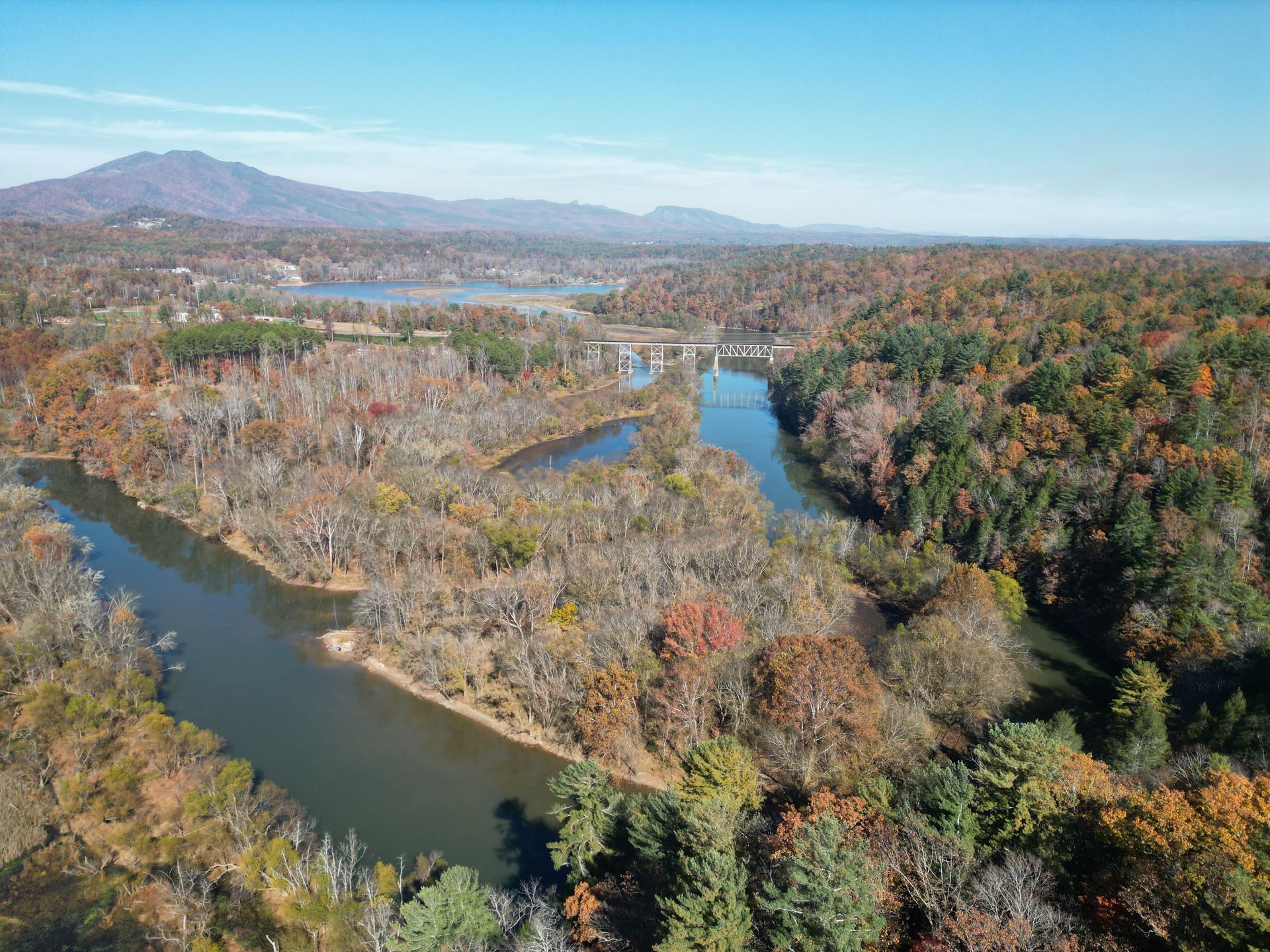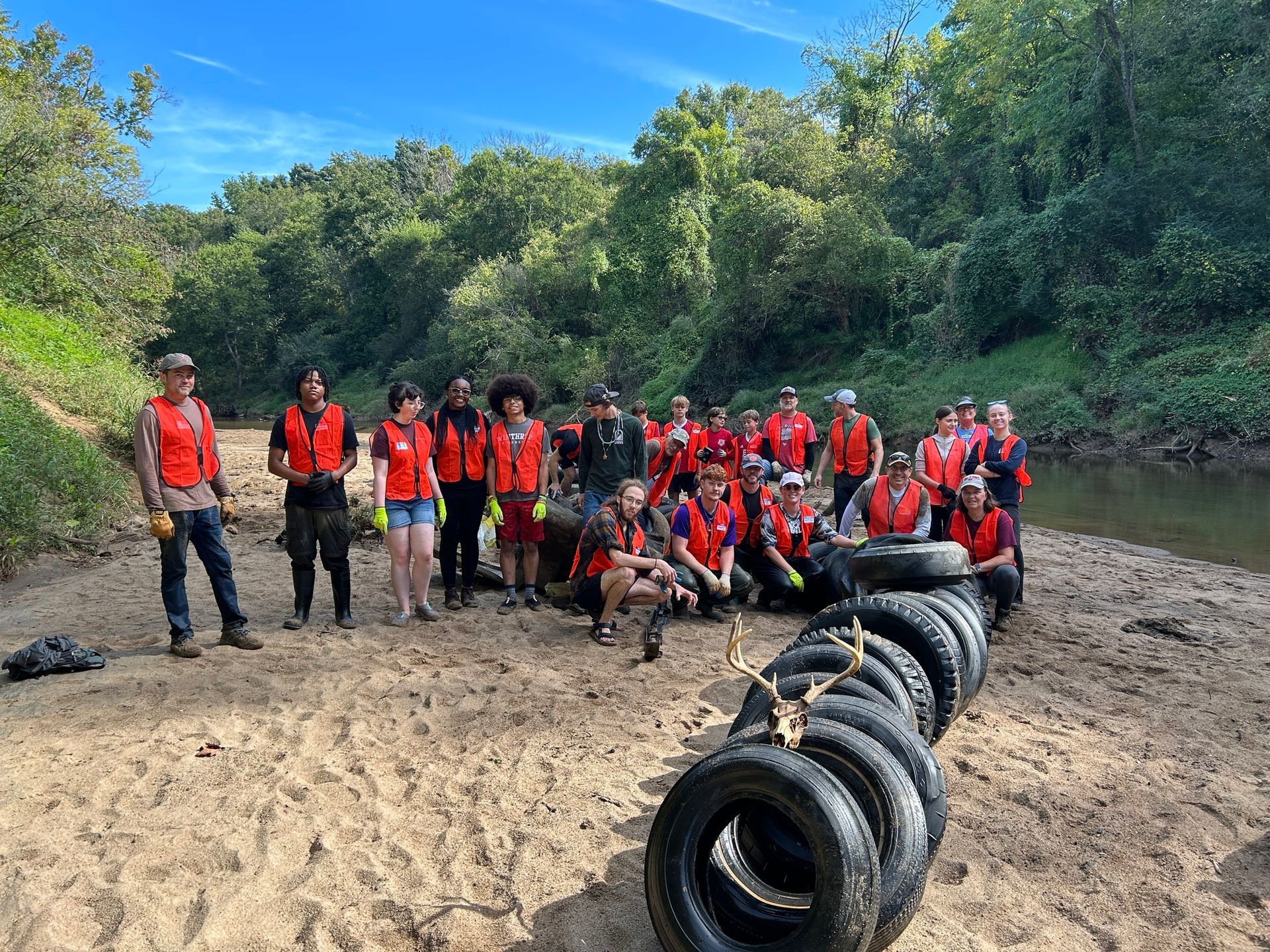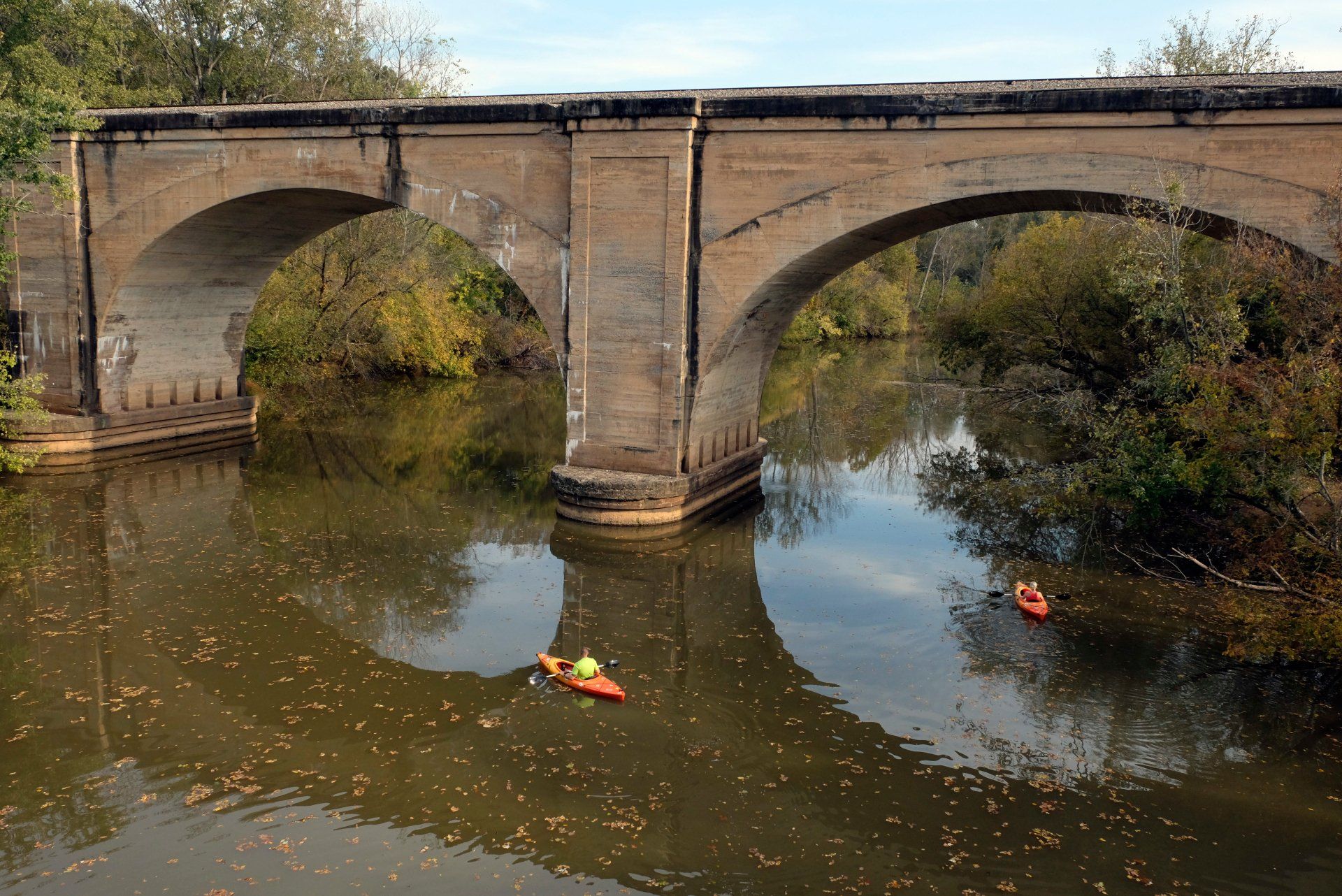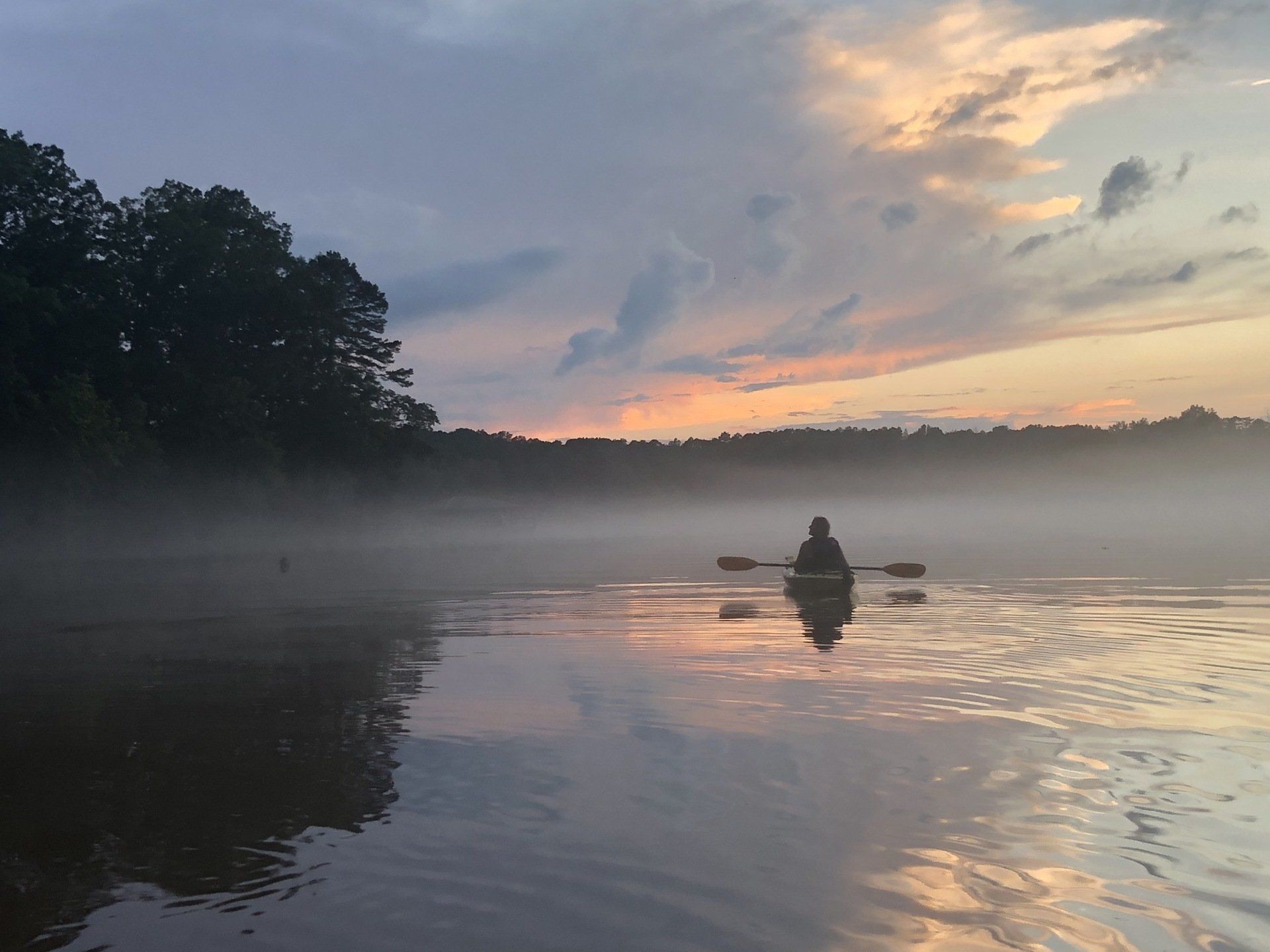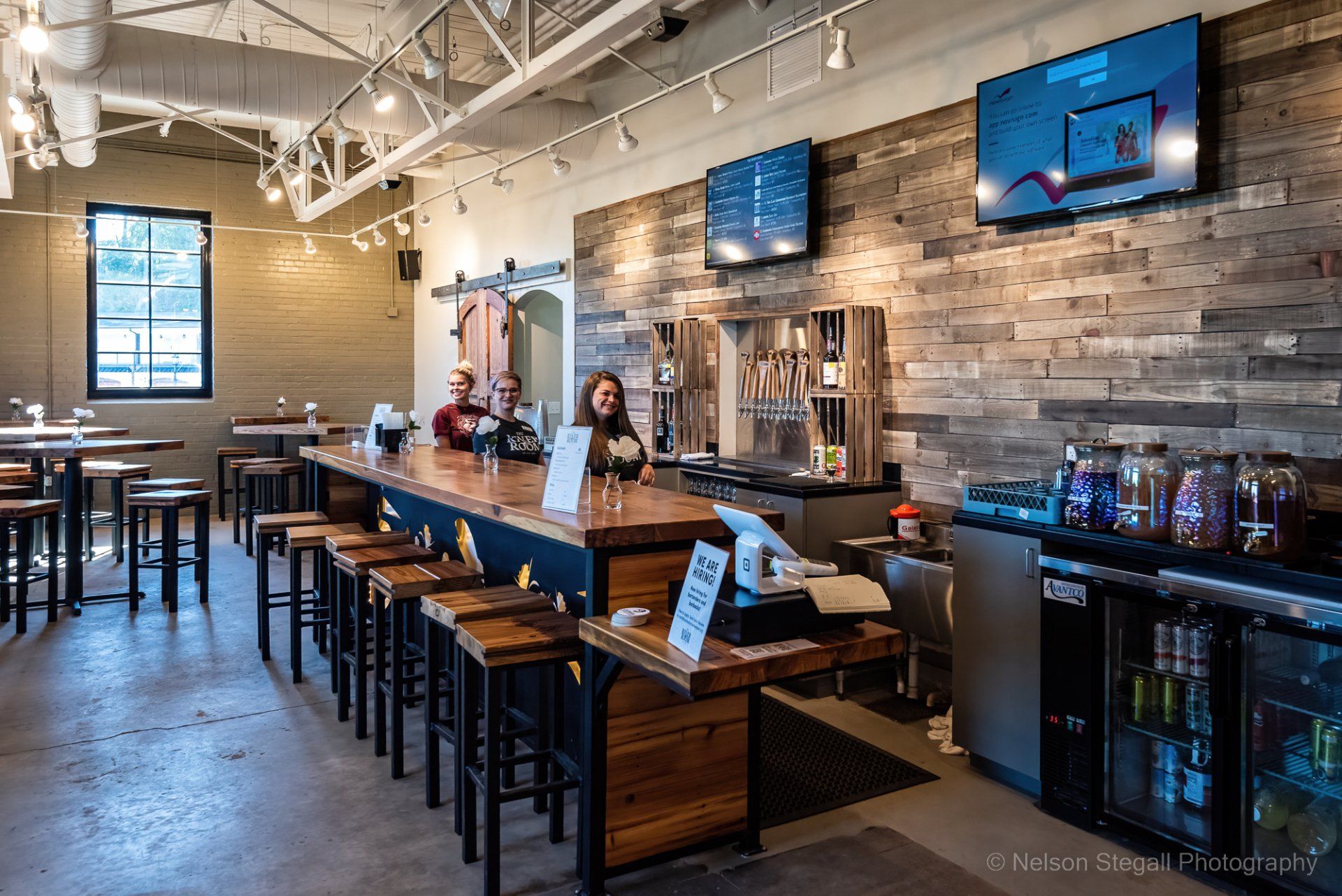Catawba Riverkeeper
Preserve
Protect
Restore
We provide accurate, science-based information about your water and the issues affecting it.
Catawba Riverkeeper is the only non-profit, on-the-water advocate for the entire 8,900 miles of waterways in the Catawba-Wateree River Basin. We provide accurate, science-based information about your water and the issues affecting it.
Our experienced network includes diverse community members, engaged volunteers, a representative board, and professional staff members whose dedication of time, talent and resources protect & enhance our river today and for future generations. We serve our communities through Protection and Experiences.
Our River flows through 26 counties in North and South Carolina and provides drinking water for more than 2 million residents and generates electricity for over 3 million residents. It has been aptly named “The Hardest Working River in America!”.
the voice of the river
Protection
Catawba Riverkeeper serves the public by acting as the voice of the river and the residents who care about her. It is our goal to protect your waters without compromise. To protect these waters, it takes a combination of our professional staff of scientists, advocates, and enthusiasts working hard in the field and you joining in the efforts as well. Our efforts include patrolling the waterways in the basin & reporting violations of local, state & federal water quality regulations, conducting water and sediment sampling to test for contaminants and reporting those to the public through programs like Swim Guide.
We also meet with elected officials and government staff to educate them on the challenges the river faces and working with them to develop further safeguards for our waterways. By recognizing companies and individuals who exemplify responsible environmental behavior, monitoring and commenting on proposed public actions or rules that impact our waterways, and responding to the reports and needs of citizens related to water quality or risks to the waterways we strive to engage with our communities to create the change we seek.
EXPLORE With Us
Learn and Play
We know that when people experience the water personally, they care more deeply about protecting it. Everything we do with our experiences is designed to teach the residents of our basin how they can better preserve and protect their water and to give them an opportunity to enjoy their waters first hand. Whether folks are learning with us or playing with us, we hope they will walk away with a passion for the waters of the Catawba River.
We offer opportunities for kids and adults alike to learn with us. From Spring Break and Summer Camps to field trips and Riverkeeper half day programs, we have tons of ways for kids to spend time with certified environmental educators to learn all about the plant and animal life of the river basin, hydrology, ecology, and conservation. Our education doesn’t stop with kids, either. Our monthly Riverkeeper Learning Series explores a new topic each month related to water & our Water Watcher Trainings & Rain Barrel Workshops give adults the first-hand knowledge they need to preserve and protect the river!
Support Our Work
Let's protect the Catawba River!
The Catawba Riverkeeper is working towards clean, plentiful water now and for generations to come.

join us today
A Membership Supported Organization
We are a grassroots, membership supported organization. We welcome donations of any kind, but members who are looking for a deeper engagement can join us and receive discounts on special programs and events throughout the year, an opportunity to vote on organizational leaders and serve on our board of directors, and gain access to members only events and announcements. If you want to contribute to preserving and protecting your water for generations to come, we invite you to join us today and be a Riverkeeper!
Be A Riverkeeper by sponsoring a watershed

